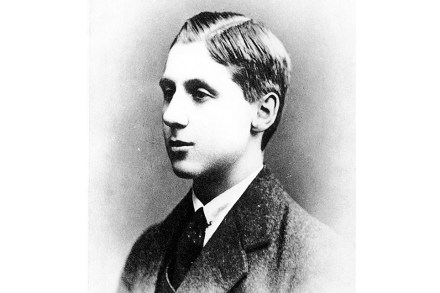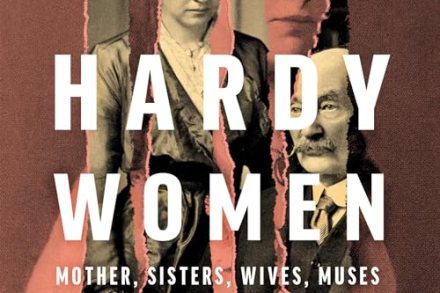The making of Good Queen Bess
In the course of British history there have been few royals with a childhood as traumatic as that of Elizabeth I. She endured the torment of her mother Anne Boleyn’s execution, her father’s death, the comings and goings of four stepmothers, sexual abuse from a stepfather (who was executed soon after), the death of a half-brother, imprisonment and the death of a half-sister before finally acceding to the throne. All this by the age of 25. Throughout her young life, Elizabeth veered from sole inheritrix of the crown to hated bastard child Not many could cope with such a relentless identity crisis. Throughout her young life, Elizabeth veered from sole




















